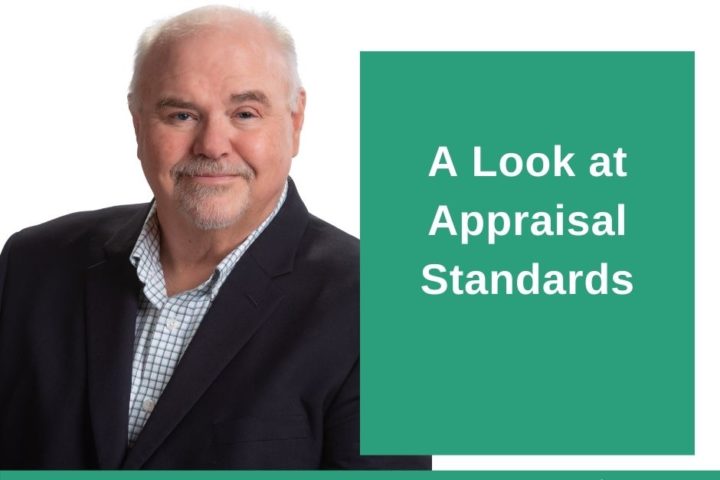Article by Brandy Miller and Tyson Weingardt, Mortgage Loan Originators, Sterling Branch
Whether you are looking to purchase your dream home in the country or in a small town, refinance your existing home, or purchase your first ever home — the mortgage process can be an emotional, exciting and sometimes scary experience. We make the process easier with our friendly atmosphere, where questions are welcome and you feel comfortable and confident that your mortgage is in good hands.
With that in mind we wanted to share some helpful info, since being prepared is the most important piece to the mortgage puzzle. Here are 3 factors that a homebuyer needs to consider when applying for a mortgage loan:
1. Debt-to-Income (DTI). Mortgage lenders will look at several determining factors throughout the mortgage process – the debt-to-income (DTI) ratio being one of the most important. When a homebuyer is looking to make their dream a reality, the lender must be able to prove that the house payments will not put the buyer in a financial bind. A lender will look at all existing monthly obligations (car payments, additional real estate payments, credit card payments, student loan payments, etc.), add the new house payment, taxes, and homeowner’s insurance; then divide the dollar amount by monthly income. (Income is your gross income if a wage earner or net income if self-employed.) Most lenders are looking for the result to be a DTI ratio below 40%. This ratio tells the homebuyer and the lender what percentage of the buyer’s income goes toward monthly debts, and whether the buyer’s income is sufficient to pay for the home along with the rest of life’s necessities. Knowing this ratio can provide motivation to eliminate unnecessary monthly obligations.
2. Loan-to-Value (LTV) or Down Payment. Understanding loan-to-value (LTV) and the importance of a down payment is another important factor when applying for a home loan. Loan-to-value is a simple equation comparing the desired loan amount to the appraised value of the property (or purchase price). Some lenders require a LTV of 80%. Other lenders offer special loan programs where LTV can be greater than 80%. At any rate, the difference comes from cash paid toward the purchase from the buyer, or a down payment. A down payment of 20% is most common because when a loan has an LTV greater than 80%, the home buyer is required to pay Private Mortgage Insurance (PMI) on top of their monthly house payment. Some people are unable to afford 20% down, especially first time home buyers. Several different loan products allow smaller down payments and larger LTV percentages. For instance, our Freddie Mac product allows up to 95% LTV when the property fits the requirements. Once the loan principal is below 80%, PMI is no longer required. With a lower LTV and a larger down payment, the home buyer saves the most money.
3. Credit Score. Last, but certainly not least, is the importance of a home buyer’s credit score. Think of your credit report as a snapshot of your account history: the good, the bad, and the ugly. The summary of information on your credit report tells a lender the likelihood of repayment. The better one’s credit score is, the easier it is to qualify for a loan with the best terms available. A weaker credit score will usually result in a higher interest rate. In fact, a poor credit score can eliminate a home buyer from a loan product altogether. A credit score of 700 or better is a good place to start, but the ‘higher the score the better’ when applying for a rural home loan. It is important for a home buyer to understand where their credit score stands, and how to improve it if needed. Credit scores are impacted by the number of credit accounts, age of credit accounts, timeliness of payments, and available credit on accounts. One of the easiest ways to improve credit is to utilize your credit cards and accounts wisely. If possible, pay off your credit card account in full each month. However, if that is not possible, maintaining a 30% or less utilization on each line can have a positive impact on your credit score.
We hope this information is helpful – and please don’t hesitate to contact us if you have questions or are ready to get started on your dream. We’re here to help!
Premier Farm Credit is an Equal Housing Lender. Terms and conditions apply. Not a commitment to lend. Equal Credit Opportunity Lender serving all eligible markets.



